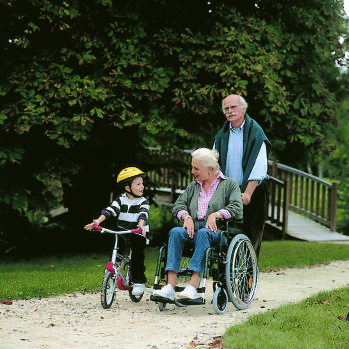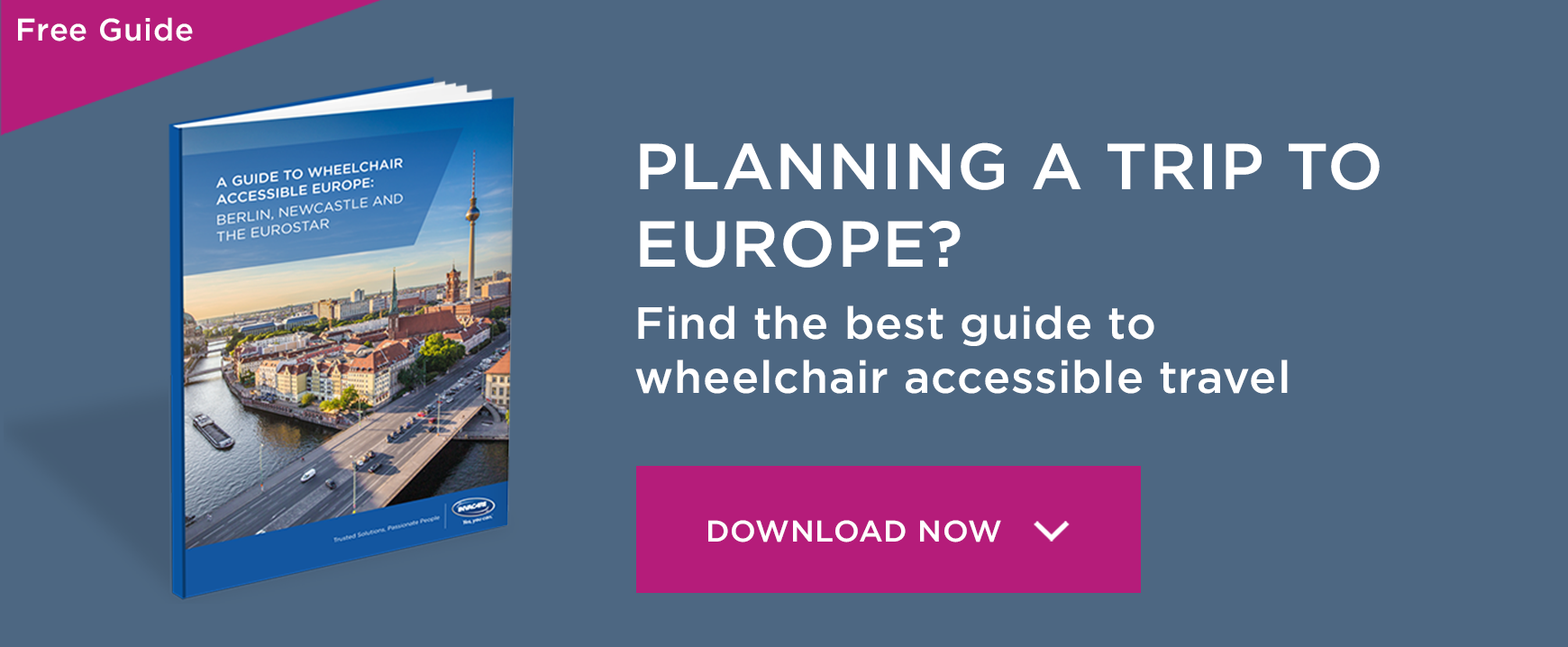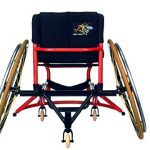Accessible travel and leisure for disabled voyagers

Looking for some tips about accessible travel and leisure? There’s a whole world out there, and when somebody gets the travel bug, they want to see it all!
Whether your passion is sun-soaked beaches surrounded by palm trees, or dusty vineyards in the south of France, whether you dream of adventure holidays in South America or historic tours of ancient cities, disabled people – like everybody else – can develop a keen interest in travelling and seeing the world.
However, for disabled, chronically ill and elderly people, it is not as simple as a quick trip to the travel agents to book your dream vacation. We have to take accessibility into account, and that can certainly add complications to the booking process.
The most important thing to remember, however, is that it is not impossible. Blogs like Curb-Free with Cory Lee demonstrate that everything from hot-air ballooning to Scandinavian saunas are achievable for wheelchair users nowadays.
Accessible travel and leisure: improvements in travel accessibility
Not long ago, travel for disabled people was tricky. It was difficult to get information about how accessible different destinations were, and getting help when abroad or away from home was especially hard. Holiday companies didn’t always make an effort to make their trips welcoming and accessible to disabled travellers and it was assumed that we would be happy with simple trips to the nearest seaside town.
Now, however, travel and leisure are becoming more accessible than ever before. Websites like Euan’s Guide have sprung up, giving disabled people the opportunity to review the accessibility of different destinations and venues. This means we now know what to expect when we visit a new destination, which makes a big difference to our confidence levels. Laws are also improving around Europe, which means companies now have a social and legal responsibility to make their premises accessible. Travel itself is also improving, and planes and trains can increasingly accommodate wheelchair users and other disabled people.
The benefits of accessible travel and leisure
When travel options are accessible, disabled, ill and elderly people can share the same experience of travel as everybody else. Travelling to different corners of the globe can be life changing and there is no reason disabled people can’t participate in this alongside their non-disabled friends and family. Seeing new places and participating in new cultures is enriching, and although disabled people may need to plan and book more carefully, we can join in, learn about, and enjoy new parts of the world we have never seen before.
How to book an accessible trip:
Booking an accessible holiday is all about the planning; you can’t just head straight to a popular holiday-booking website and choose the first hotel you see!
Instead, you need to research the place you want to visit:
- What have other disabled people said about this place?
- What does the holiday company say about accessibility?
- What activities do you want to take part in, and how accessible will they be?
- How easy is it to get around once you get there? Can you hire a wheelchair-friendly car or use public transport?
You might want to take your research a step further and make a few phonecalls. For instance, a hotel might list a room as ‘accessible’, but this means different things to different people. Some might simply mean that it has step-free access, while others include a hoist, grab rails and a wet room.
Make a list of your needs and make some phonecalls or send some emails to establish exactly what different holiday accommodation has to offer before you book. You may want to plan your activities in advance or decide what to do when you get there, but look at online reviews to get an idea of which outings are realistic for the disabled people in your group.
Travel and leisure is not out of the reach of disabled people. Of course, it takes some additional planning, but with careful research, holidays can be rewarding and enjoyable experiences for everybody.








